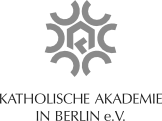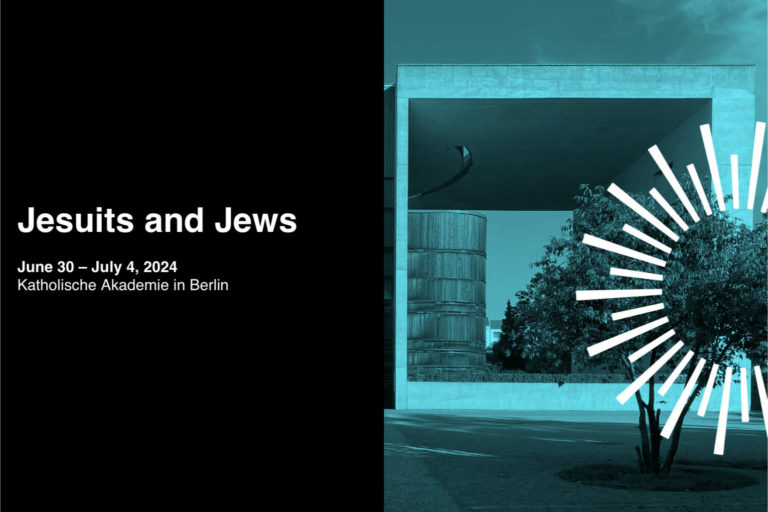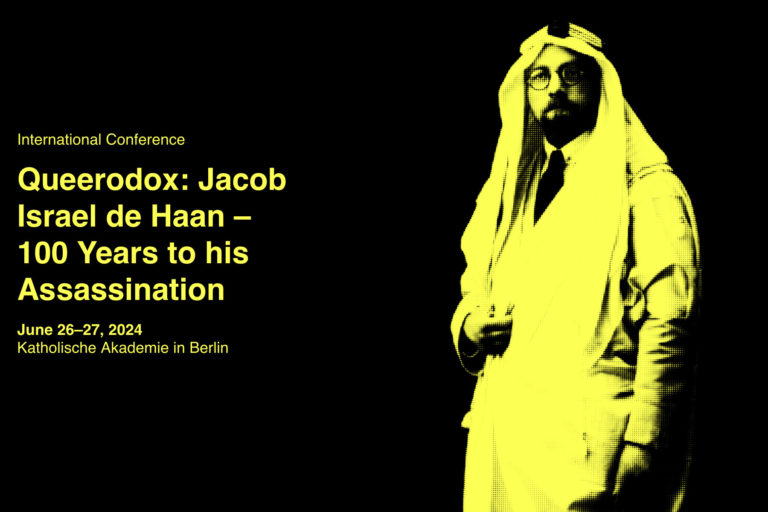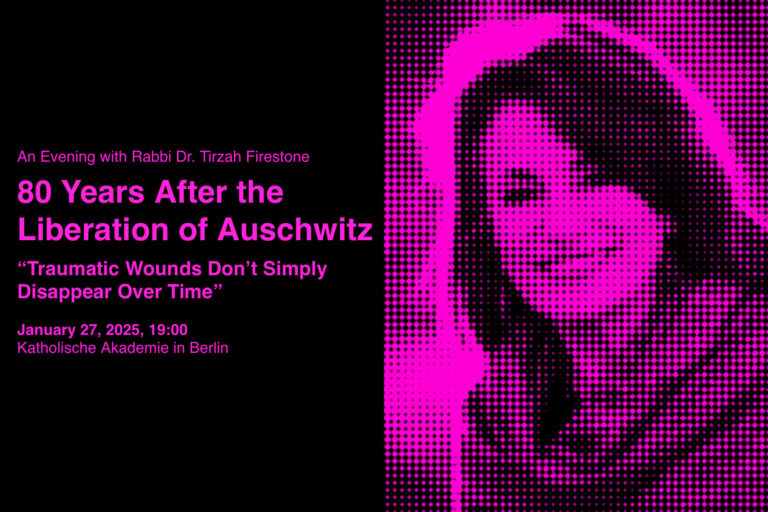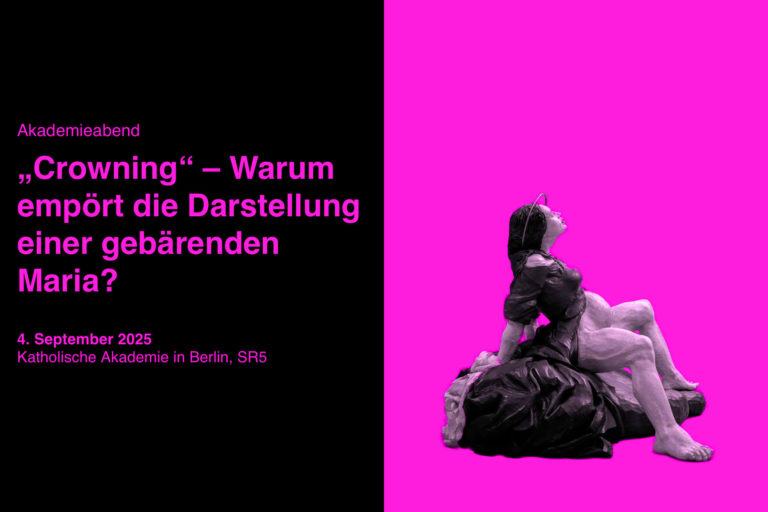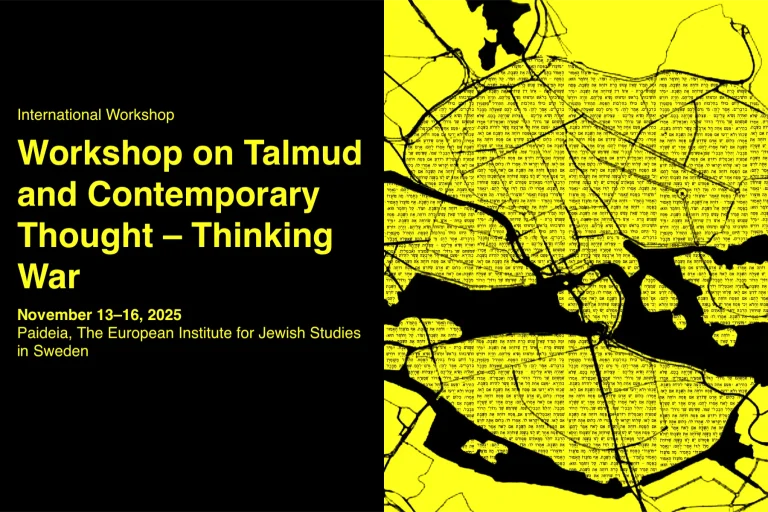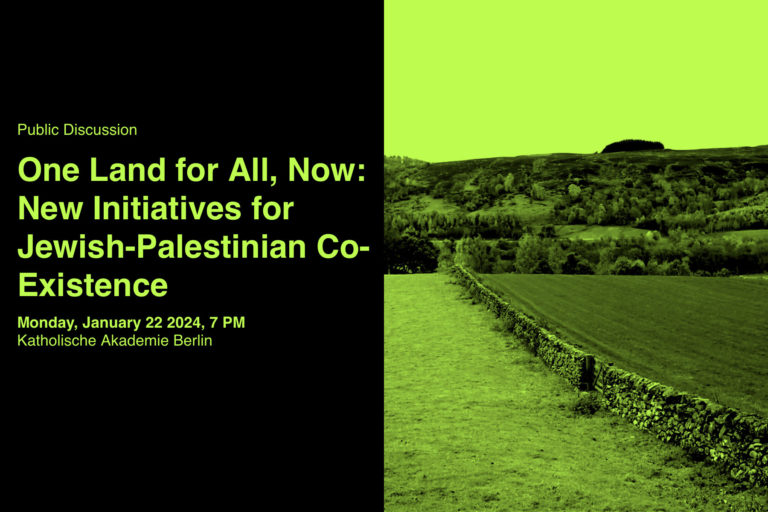International Conference
Back to the Texts Themselves!
Phenomenology and Ressourcement
November 8–9, 2023
Image: Husserl-Archiv Freiburg
Back to the Texts Themselves!
Phenomenology and Ressourcement
November 8–9, 2023
In cooperation with the University of Lille, the University of Frankfurt and the University of Haifa
We already know that modernity was not only secular, and that secularization was not the end of religion. Modern secularization in many ways recreated – and some say (Talal Assad) created – religion. Contemporary thought is engaged in an ongoing reflection on the religiosity of its secularity, on how secular philosophy is related to religious traditions and textual archives. This conference reflects on the immense influence that one of the major philosophical currents of the 20th century, phenomenology, has had on the renewed access to religious traditions and sources, the so called “ressourcement”.
We are interested in having a comparative discussion and exchange on how the phenomenological movement, which was founded in prewar Germany by Edmund Husserl and then spread around the globe, inspired different thinkers to turn renewed attention to Jewish, Islamic and Christian intellectual traditions. What exactly in the method, ideas or works of phenomenology was so conducive for ressourcement? Edward Baring recently portrayed the Catholic milieu through which phenomenology developed transnationally (Converts to the Real: Catholicism and the Making of Continental Philosophy, 2019). What about phenomenology’s life in Jewish, Islamic and Protestant conversations? What new language, hermeneutics and categories did it make available for reading traditional texts? What kind of inter-religious and inter-tradition passages, explicit or implicit, were made possible through this common inspiration?
An important set of questions will concern the movement of the phenomenological inspiration between various geographical, cultural and textual locations. Contributions could reflect, for instance, on the movements of phenomenological ideas and authors between prewar Germany and postwar France, and into the new historical situation of post-Holocaust, Vatican II, the State of Israel and the process of decolonization. Another set of questions refer to movements between Europe and non-European spaces, such as North and South America, or the Middle-East.
Organizers
Elad Lapidot, Cedric Cohen-Skalli and Christian Wiese
Format: this conference will not be based on conventional talks, but aims at generating discussion around joint textual work – to the texts themselves! Accordingly, each speaker is asked to send a short textual passage (1-5 pages), a source, that will serve as a basis for discussion. The sources may belong to any of the relevant traditions – the phenomenological, Islamic, Jewish or Christian. All the texts will be sent in advance to all of the speakers. Each speaker, during their slot, will present their source and lead a discussion around it.
Program
| November 8, 2023 | |
| 11:00 | Reception |
| 11:30-11:45 | Greetings |
| 11:45-12:45 | Martina Roesner (Theologische Hochschule Chur): Husserl |
| 12:45-13:00 | Coffee Break |
| 13:00-14:00 | Hans Ruin (Södertörn University): Heidegger |
| 14:00-15:00 | Lunch Break |
| 15:00-16:00 | Holger Zaborowski (University of Erfurt): Heidegger |
| 16:00-16:15 | Break |
| 16:15-17:15 | Miguel Vatter (Deakin University): Hermann Cohen |
| 17:15-17:30 | Coffee Break |
| 17:30-18:30 | Nicola de Warren (University of Pennsylvania): Franz Rosenzweig |
| 18:30-19:00 | Break |
| 19:00-20:30 | Roundtable: Why Are the Texts of Religious Traditions Interesting for Philosophy Today? |
| 20:30 | Dinner |
| November 9, 2023 | |
| 9:30-10:30 | Chiara Adorisio (La Sapienzia): Leo Strauss |
| 10:30-10:45 | Coffee Break |
| 10:45-11:45 | Elad Lapidot (University of Lille): Emmanuel Levinas |
| 11:45-12:00 | Coffee Break |
| 12:00-13:00 | Quentin Le Gurun (University of Lille): Benny Lévy |
| 13:00-14:00 | Lunch Break |
| 14:00-15:00 | Anoush Ganjipour (CNRS-ENS Paris): Henry Corbin |
| 15:00-15:15 | Coffee Break |
| 15:15-16:15 | Sevinç Yasargil (University of Bern): Abdurrahman Badawi |
| 16:15-16:30 | Coffee Break |
| 16:30-17:30 | Cedric Cohen-Skalli (University of Haifa): Malek Bennabi |
| 17:30-17:45 | Coffee Break |
| 17:45-18:45 | Kata Moser (University of Göttingen): Hasan Hanafi |
| 18:45-19:30 | Concluding Discussion |
| 19:30 | Dinner |
Participants
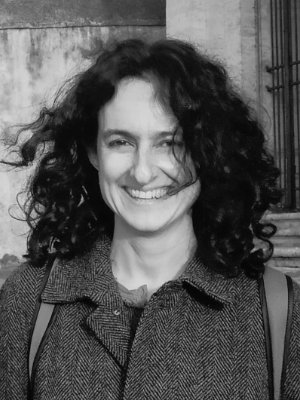
Chiara Adorisio, Sapienza University of Rome. From 12/2018 I am Associate Professor of Philosophical Anthropology at the Department of Philosophy, Sapienza University of Rome. Previously, I have been Rita Levi Montalcini Researcher in Philosophy and Jewish Studies at the Department of Philosophy of the same University, Senior Research Fellow of the Alexander-von-Humboldt-Stiftung, Fellow of the Rosenzweig Center for German-Jewish Literature, Philosophy and Cultural History, Visiting Professor at the Martin-Luther-Universität Halle-Wittenberg, and at the University of Hamburg. My research activity is characterized by at least two main fields of concentration: 1) Moral Philosophy and Philosophical Anthropology 2) Jewish Studies and Modern Philosophical Historiography of Jewish and Arabic Philosophy. I am the author of Leo Strauss lettore di Hermann Cohen. Dalla filosofia moderna al ritorno agli antichi (2007) and of Dialectic of Separation. Judaism and Philosophy in the Work of Salomon Munk (2017), and of several other books and articles in philosophy.
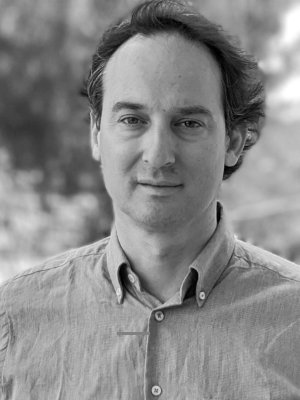
Dr. Cedric Cohen-Skalli teaches early modern and modern Jewish Philosophy at the University of Haifa. He is the director of the Bucerius Institute for the research of contemporary German History and Society. His research focuses on the relationship of Jewish thinkers to two main philosophical shifts: the shift from Medieval philosophy to early modern thought (14th-17thcentury), and the shift from early modern to modern thought (18th-20thcentury).
He published several books and many articles on diverse aspects of Jewish thought and literature in the Renaissance as well as in 19th and 20th century German speaking world and diasporas. His intellectual biography of Isaac Abravanel was published in the prestigious “the great men of the Jewish people” series of the Zalman Shazar Center and translated and augmented for The Tauber Institute Series For Study of European Jewry (Brandeis University Press). He recently edited the volume Skepsis and Antipolitics: The Alternative of Gustav Landauer. He is also translator of many works of Freud, Benjamin, Scholem, Idel and Abravanel and head of the new Project: “The Revival of Philosophy in the 19th-Century and Early 20th-Century Middle East: An Untold Story.”
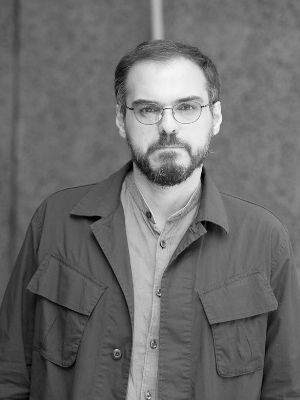
Anoush Ganjipour is a permanent researcher on philosophy at the Centre National de Recherche Scientifique (Centre Jean Pépin-École Normale Supérieure, Paris). He is a specialist in Islamic thought and comparative philosophy. His last monography focuses on Islamic political theology: L’ambivalence politique de l’islam : pasteur ou Léviathan ? (Seuil, 2021) He has recently edited the following books: Politique de l’exil. Giorgio Agamben et l’usage de la métaphysique (Éditions Lignes, 2019) Monothéismes et politique : modernité, sécularisation, émancipation (CNRS Éditions, 2022)
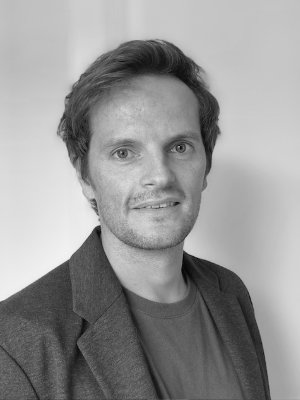
Quentin Le Gurun is a PhD candidate in philosophy at the University of Lille. His research, under the supervision of Prof Elad Lapidot, focuses on the postmodern Jewish question in the work of Emmanuel Levinas, Jacques Derrida and Benny Lévy, namely the epistemo-political stakes involved in the profound reconfiguration of the relation between philosophy and Judaism in French thought of the second half of the 20th-century. He previously studied at the School for Advanced Studies in Social Sciences (EHESS) in Paris, devoting his research to the meaning of prophecy in literature and philosophy in the context of Franco- Judaism, particularly in Charles Péguy, Bernard Lazare and James Darmesteter.
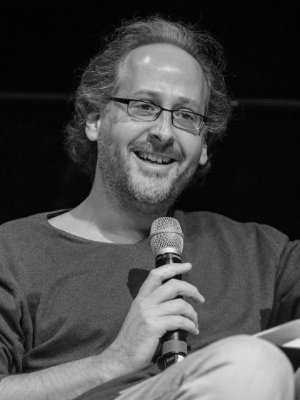
Elad Lapidot is professor for Culture Studies at the University of Lille, France. He specializes in philosophy, Jewish thought and Talmud and was teaching at the University of Bern, Switzerland, the Humboldt Universität Berlin and the Freie Universität Berlin. His work is guided by questions concerning the relation between knowledge and politics. Among his publications: Jews Out of the Question. A Critique of Anti-Anti-Semitism (SUNY Press, 2020), Hebrew translation with introduction and commentary of Hegel’s Phänomenologie des Geistes, Vol. 1 (Resling, 2020), Heidegger and Jewish Thought. Difficult Others, (Rowman & Littlefield, 2018), and Etre sans mot dire : La logiqe de ‘Sein und Zeit’ (Zeta Books, 2010).
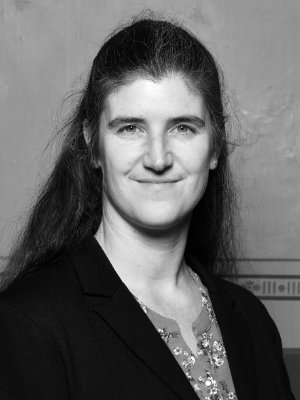
Kata Moser is junior professor for “Secularism in the Islamic Modernity” at the University of Göttingen since October 2019. Previously, she was a research associate at the Department of Oriental Studies/Islamic Studies at the University of Bochum and a research assistant at the Institute for Islamic Studies and Modern Oriental Philology at the University of Bern, where she earned her PhD in 2014 (published as: Akademische Philosophie in der arabischen Welt. Inhalte – Institutionen – Periodika. Berlin: Klaus Schwarz 2018). She studied Islamic Studies, Theater Studies and Philosophy at the Universities of Berlin, Bern, Leipzig and Zurich (MA in Islamic Studies, Bern 2009), and visited Oman, Syria, Lebanon, Morocco, Tunisia and Iran for research and study trips. Her research focuses on contemporary Arabic philosophy with a special interest for theories of secularism and the reception of Heidegger as well as theater in the Arabic world. She is co-editor of the book series Philosophy in the Modern Middle East (De Gruyter, formerly Klaus Schwarz).
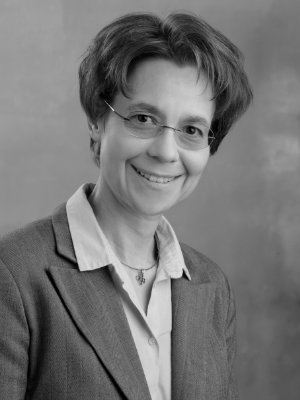
Prof. Dr. Martina Roesner studied philosophy in Rome, Salzburg, Tübingen, and Paris. In 2001, she obtained her PhD in Philosophy at the Université Paris IV-Sorbonne and in 2017, her habilitation in Philosophy at the University of Oldenburg, as well as a Master’s degree in Catholic Theology at the University of Vienna. Between 2013 and 2023, she directed three different Austrian Science Fund (FWF) research projects on Meister Eckhart at the University of Vienna. In 2023, she was appointed to the Chair in Philosophy at the Faculty of Catholic Theology in Chur (Switzerland).
Her publications include: Metaphysica ludens. Das Spiel als phänomenologische Grundfigur im Denken Martin Heideggers (Dordrecht, Kluwer, 2003), Le laboureur de l’être. Une racine cachée de l’imaginaire philosophique heideggérien(Hildesheim, Olms, 2004), Logik des Ursprungs. Vernunft und Offenbarung bei Meister Eckhart (Freiburg, Alber, 2017), and Ich – Logos – Welt. Der egologische Ansatz der Ersten Philosophie bei Meister Eckhart und Edmund Husserl(Freiburg, Alber, 2020).
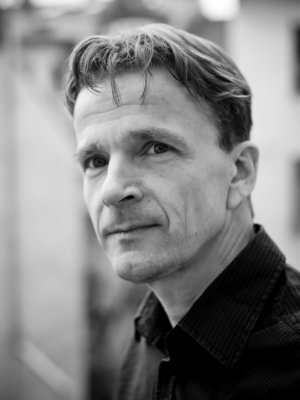
Hans Ruin, professor of philosophy, Södertörn university (Stockholm), specializes in phenomenology, hermeneutics, deconstruction, modern German thought and memory studies. Recent books: Being with the dead. Burial, Ancestral Politics and the Roots of Historical Consciousness (Stanford UP, 2019), Reduction and reflection – introduction to Husserl’s phenomenology (2020, in Swedish), In the Shadow of Reason – essays on Nietzsche’s thought (forthcoming 2021, in Swedish).
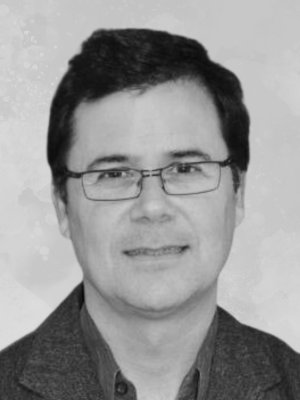
Miguel Vatter is Professor of Politics at the Alfred Deakin Institute for Citizenship and Globalisation, Deakin University, Melbourne. He is currently a Humboldt Stiftung fellow at the Goethe-University, Frankfurt. His areas of research and writing are the history of republican political thought, biopolitics, and political theology. His most recent book is Living Law. Jewish Political Theology from Hermann Cohen to Hannah Arendt (2021) and his most recent co-edited book, with Vanessa Lemm, is The Viral Politics of COVID-19: Nature, Home, and Planetary Health (2022).
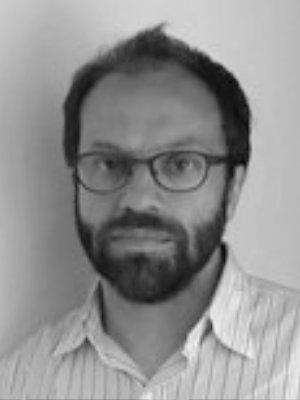
Nicolas de Warren is Professor of Philosophy and Jewish Studies at Penn State University. He is the author of Husserl and the Promise of Time (2010), A Momentary Breathlessness in the Sadness of Time (2018), Original Forgiveness (2020), and German Philosophy and the First World War (2023).

Sevinç Yasargil holds a Master of Arts in Islamic Studies and Religious Studies from the University of Basel.
Master’s thesis: «Die Hermeneutik des Naṣīr ad-Dīn aṭ-Ṭūsī und ihr Verhältnis zum Werk Ibn Sīnās. Eine ideengeschichtliche Verortung der logischen Schrift Asās al-iqtibās» supervised by Prof. Dr. Renate Würsch
From 2013 to 2017 she was employed as an Assistant lecturer at Seminar für Nahoststudien, University of Basel.
In September 2022 she received her PhD in Middle Eastern Studies at the University of Bern. (Doctoral thesis: «Die Freiheit zur Selbstbestimmung. ʿAbd ar-Raḥmān Badawīs Entwurf einer arabischen Existenzphilosophie im Kontext», supervised by Prof. Dr. Anke von Kügelgen (University of Bern) and Prof. Dr. Lutz Wingert (ETH Zürich), funded by the SNF.
She is currently employed as a Research assistant at the Institut für Studien zum Nahen Osten und zu muslimischen Gesellschaften, University of Bern with her current postdoc-project: «Religionskritik im Zeichen des “gesellschaftlichen Engagements” (iltizām)» within the SNF-project: «Religionskritik im Nahen Osten und ihre Transformation angesichts neuer Erfahrungsräume und Erwartungshorizonte (1930-er bis 1990-er Jahre)».
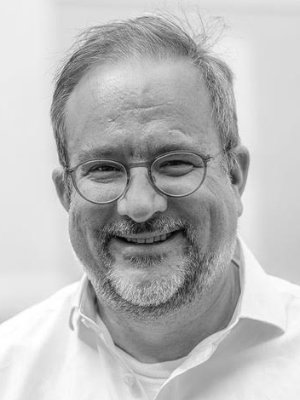
Prof. Dr. Dr. Holger Zaborowski, M.Phil. (Cantab); M.St. (Oxon); M.P.A. (Speyer); studied theology, philosophy, and classics at Freiburg; Basel, and Cambridge Universities; 2002 D. Phil. (University of Oxford); 2010 Dr. phil. (University of Siegen); 2005-2011 Professor of Philosophy at the Catholic University of America, Washington, D.C., USA; 2012-2020 Professor of History of Philosophy and Philosophical Ethics at the Catholic University of Vallendar, Germany; 2017-2020 rector of the University; since 2020 Professor of Philosophy at the University of Erfurt.
Important publications: Spielräume der Freiheit. Zur Hermeneutik des Menschseins (Freiburg/München: Verlag Karl Alber, 2009); Eine Frage von Irre und Schuld? Martin Heidegger und der Nationalsozialismus (Frankfurt am Main: S. Fischerverlag, 2010); Robert Spaemann’s Philosophy of the Human Person. Nature, Freedom, and the Critique of Modernity (Oxford: Oxford University Press, 2010); Andächtig leben. Denkanstöße für den Alltag (Freiburg, Basel, Wien: Verlag Herder 2015); Tragik und Transzendenz. Spuren in der Gegenwartsliteratur (Ostfildern: Matthias Grünewald Verlag, 2016); Menschlich sein. Philosophische Essays (Freiburg/München: Verlag Karl Alber, 2016). He is co-editor of the Heidegger-Jahrbuch, of the Martin-Heidegger-Briefausgabe, and of Interpretationen und Quellen and member of the board of directors of the Martin-Heidegger-Stiftung, of the Comité scientifique oft he Bulletin Heideggérien (Bhdg), of the editorial boards of New Heidegger Research Series and of Gatherings. The Heidegger Circle Annual. He is an ordinary member of the European Academy of Sciences and Arts and recipient of the Aquinas Medal of the University of Dallas, USA (2017).



